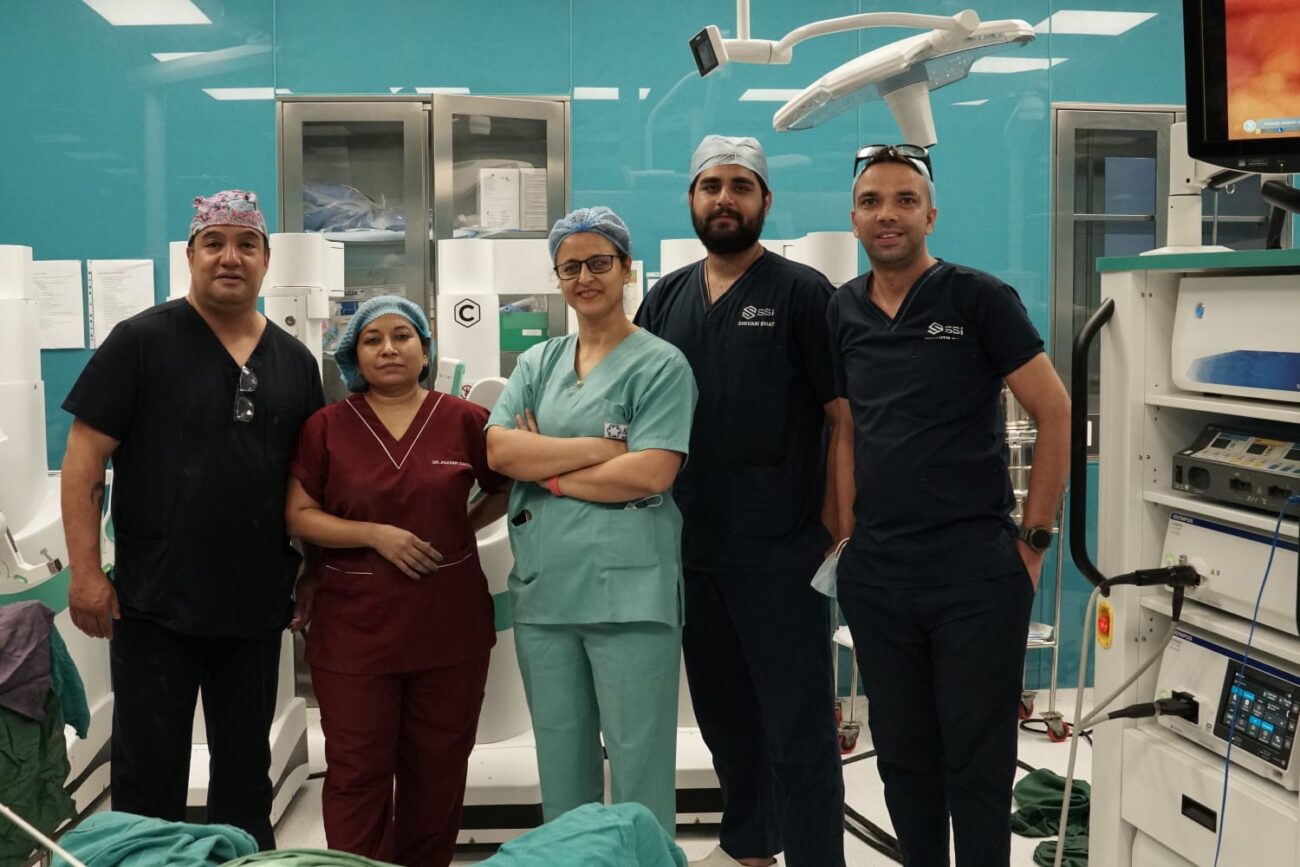Manipal Hospitals, Dwarka, gets Licence for Heart & Liver Transplants
Delhi strengthens high-end world-class transplant capability for Heart & Liver The Delhi Organ Transplant Cell’s approval for Heart and Liver Transplants at a leading private super speciality hospital in Dwarka sub-city has come as a boon
Delhi strengthens high-end world-class transplant capability for Heart & Liver
The Delhi Organ Transplant Cell’s approval for Heart and Liver Transplants at a leading private super speciality hospital in Dwarka sub-city has come as a boon for patients suffering from life-threatening heart and liver diseases. With the license for high-end transplant services, Manipal Hospitals, Dwarka, New Delhi has further strengthened Delhi’s world-class organ transplant capabilities.
Dwarka-based Delhi Unit of Manipal Hospitals-one of the leading Hospital chains in India-has recently got licenses for Heart and Liver Transplants from Delhi Organ Transplant Cell, State Health & Family Welfare Department.
Manipal Hospitals, Dwarka has been performing 4-5 Kidney transplants every month since it became operational in Delhi and had applied for Heart and Liver transplant to the authority. Integrated multispecialty units at the Hospital facilitated the approval process. The approval has been given to Manipal Hospitals, Dwarka under the provisions of Transplantation of Human Organs & Tissues Act.1994.
“With approval, the Hospital has started the process of registration of the patient who requires to undergo transplant. With world-class facilities, we are successfully performing Kidney transplants here. Now we are all set to perform Heart and Liver transplant,” said Dr Yugal Kishore Mishra, Head of Cardiac Sciences, Chief Cardio Vascular Surgeon & Chief of Clinical Services, Manipal Hospitals Dwarka, New Delhi.
Being dependent on cadaver donors, heart transplants are the most complicated and complex. Any patient with severe Heart Failure not controlled on medicines and who does not have other contra-indication for a transplant like immune-compromised status, chronic infection, chronic lung disease etc. can undergo a heart transplant.
“During the heart transplant procedure, the heart is harvested from a brain dead person and transplanted in a heart failure patient after removing his diseased heart. After surgery most patients are normally shifted toward after 4-5 days and discharged from hospital in 10-15 days. Patients have to take regular immune-suppressants after the surgery and have to come for regular follow-up. But the biggest limitation for Heart Transplant is the availability of donor,” Dr Mishra explained.
Unlike heart transplant, which depends on the cadaveric donation, liver transplant can be performed by taking part of the liver from healthy donor from the family. Though cadaveric liver transplant is ideal as there is no risk to the donor but due to less donation rate, living donor liver transplant is most commonly performed liver transplant in Delhi and NCR. Advantage being no waiting time. In cadaveric liver transplant prolonged wait time is associated with very high mortality. In Manipal Hospital, Dwarka we have facility of all types of liver transplant which include living donor liver transplant (adult and paediatric), cadaveric liver transplant, combined liver and kidney transplant and ABO incompatible transplant said Dr Shailendra Lalwani, Head of the Department of Liver Transplant and Hepato-Pancreatic-Biliary Surgery, Manipal Hospitals Dwarka, New Delhi.
Our centre is a centre of excellence for liver transplant, with objects of high quality, state-of-the-art & affordable patient care. Other objectives are to do high quality research. Our centre has world-class modular operation theatres and surgical team is seconded by well-equipped Intensive Care units to ensure better outcomes. “Liver transplant is a major surgery and risk involved in this procedure is between 5 to 10 percent. One year survival is 90 percent and 5 year survival is about 75 percent” said Dr Lalwani
According to Organ Retrieval Banking Organisation’s (ORBO) estimates the annual requirement of heart transplant about 15,000 whereas only 250 heart transplants happen. There is a need of 40,000-50,000 liver transplants every year but only 1,700-1,800 takes place, as per ORBO estimates. Similarly, India needs nearly 2 lakh kidney transplants a year, while only about 8,000 transplants happen.
Though in Delhi waiting list is very high to get an organ for transplant, however with increasing awareness and availability of high-end facilities, doctors feel that the huge demand-supply gap can be bridged.



